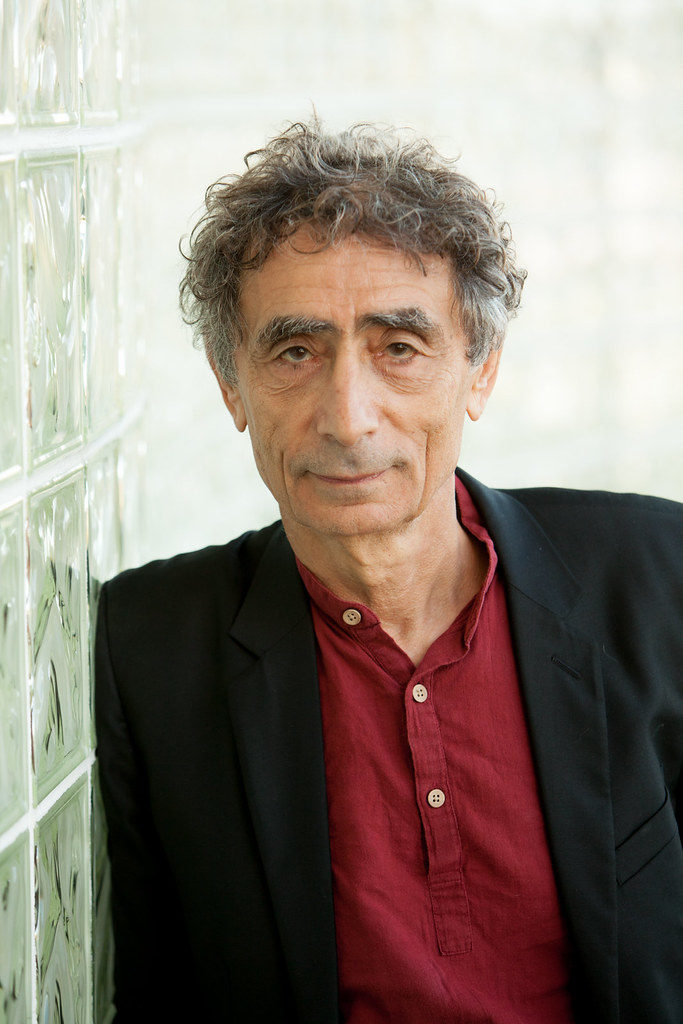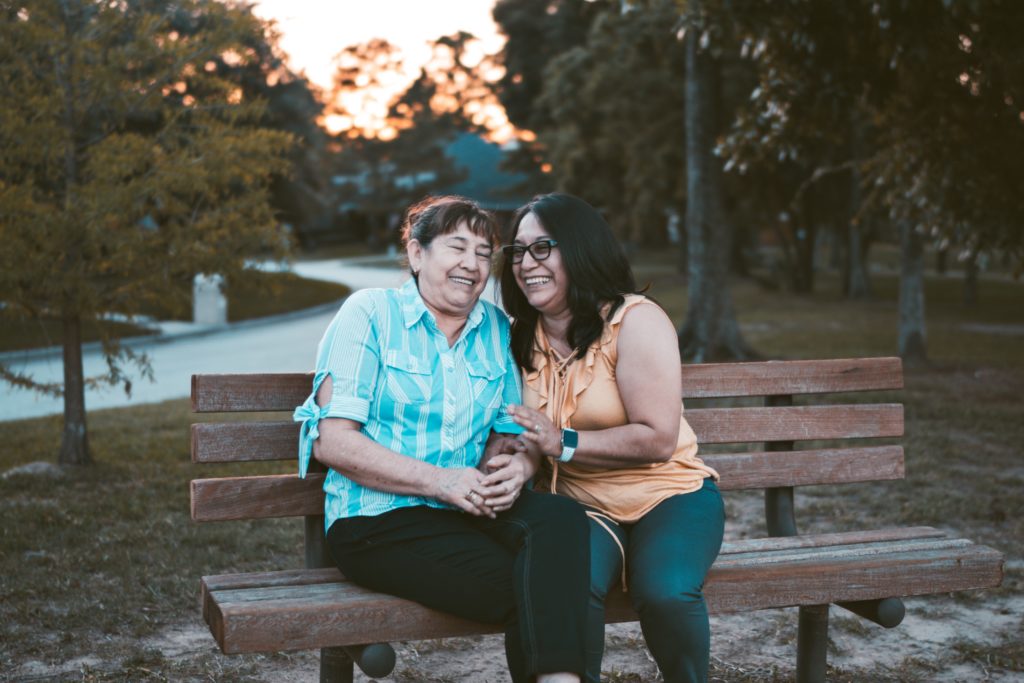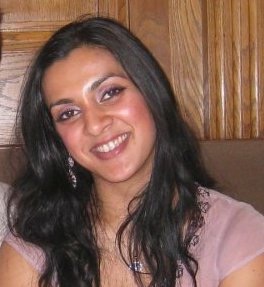By TASK Tutor Saadia Baig
I recently attended a fantastic seminar on ‘How our emotions make us sick’ with the incomparable Dr Gabor Mate and wanted to share some highlights with you.
There were stand out pieces of information that really shone out for me. I have found them incredibly useful in my clinic and I have been sharing them with my clients constantly.

Dr Maté is a Western-trained physician, who was born in wartime Hungary. For twelve years Dr. Maté worked in Vancouver’s Downtown Eastside with patients challenged by hard-core drug addiction, mental illness and HIV, including at Vancouver’s Supervised Injection Site. With over 20 years of family practice and palliative care experience and extensive knowledge of the latest findings of leading-edge research, Dr. Maté is a sought-after speaker and teacher, regularly addressing health professionals, educators, and lay audiences. He is renowned for his advocacy of holistic medicine, particularly, how our emotions impact our health.
Wow, he talked about Psychoneuroimmunology!
I was absolutely delighted, if not a little surprised, when he referred to the study of psychoneuroimmunology. It’s not often people talk about it and it is such a fascinating subject. But more on that another time!
In this post I wanted to share some examples of what Dr Maté was talking about which relate to both sexes but particularly to women.
Stress and isolation can be detrimental to women

A brilliant study that Dr Maté referred to explained how Breast cancer researchers who studied a tremendous sample size of women, taking into consideration stress and isolation on the likelihood of breast cancer, found the following:
- If a woman is stressed but not isolated, her breast cancer risk does not really change
- If a woman is isolated, but not stressed, again her breast cancer risk does not really change
- If a woman is BOTH stressed and isolated, her breast cancer risk goes up by 20x!!!!
What was so interesting, is that, the statistic-driven researchers could not process how, two zero risk situations, can be added to create a risk factor of 20.
As Kinesiologists, we know that if a person is stressed and able to share it with loving and empathising people, those stress levels, hormones and inflammation come back down to a balanced level.
If someone is stressed, and isolated, the stress gets internalised and the inflammation goes back up to an out of balance level.
The importance of support and sharing how we feel
The research brings us right back to the importance of sharing how we feel and processing our emotions. This is not the same as shouting at everyone, more, allowing yourself to feel whatever you need to feel.
Be selfish
In his work with Cancer patients, Dr Maté found a theme of never being selfish i.e. never putting yourself first. Many of his terminally ill patients were described as, ‘always putting their family or work first’. And, ‘only ever having a nice word to say’. His message? Put yourself first.
Every human has 2 needs
Another useful explanation from Dr Maté, was the idea that every human has two needs 1) attachment and 2) authenticity.
Attachment to others, usually our parents, because we are helpless as babies and also particularly in our early days as a species needed communities and tribes to survive.
Authenticity means to be able to be you and express your needs in any circumstance. Interestingly, a baby will always sacrifice authenticity for attachment, because attachment means survival.
Parents do not usually make us sacrifice authenticity intentionally, and yet often do. At some point when you were a baby, you demanded an authentic need for ice-cream or to play, and were ignored or scolded. If this process was repeated enough times in an unloving or unemotionally intelligent way, you learnt to sacrifice your authenticity.
Are you sacrificing authenticity for outdated survival needs?
It is this sacrificing of authenticity, i.e. feeling that you can’t be yourself and instead do what is expected of you by society or those around you, that also contributes to the development of dis-ease. Dr Mate, in his experience, finds it particularly true in Cancer and nervous system disorders, and particularly true for women who society has told how to be for too long.
When Dr Maté asked the audience, “How many of you have ever ignored your gut and regretted it?” All 1500 participants raised their hands. He said, “This tells me, that at some point, each and every one of you had a significant need ignored and was unable to safely be truly authentic.”
More women now suffer with MS
Interestingly, 70 years ago the ratio of Men to Women with MS was the same, 1:1. It is now, 3:1 with more women suffering from MS. 70 years is not enough time for a population to genetically evolve and diets tend to be consistent across genders. What has changed is that women also are now increasingly isolated and expected to maintain their role as emotional shock absorbers in their families/communities whilst contributing economically as well.
Women’s stress responses are different to Men’s
This also fits with new research about the differences men and women have to stress as written in Psychology Today. “Physiologist Walter Cannon – a pioneer of research on stress – argued in the 1930s that “fight-or-flight” is a universal physiological response to stress shown not only by all humans, but by animals as well.

However, in 2000, UCLA social psychologist Shelley Taylor and her colleagues wrote an influential article in Psychological Review, which Taylor later expanded into a book called The Tending Instinct, to propose that when it comes to stress, women are different from men. Instead of getting ready to fight or to flee, women become more likely to express affiliative social behaviour, either to befriend the enemy – if there is an enemy and is causing the stress – or to seek social support from their family members or friends.” This is now know and a ‘tend and befriend’ response to stress.
So, with all that in mind, my top take aways from the seminar are:
- Be true to yourself, one step at a time.
- Learn to trust that inner voice.
- Allow yourself to be selfish
- Do what gives you joy.
- Find a support network of trusted friends
It is an essential part of your wellness!

Saadia Baig is an experienced and compassionate Systematic Kinesiology Tutor and Practitioner, reinforced by a Diploma in Nutrition. She lent towards complementary medicine from childhood but worked in the world of corporate banking until illness and childhood trauma led her to Kinesiology.
She began her Kinesiology journey studying Foundation level at the College of Naturopathic Medicine (CNM), and completed her Practitioner, Diploma and Teacher Training with TASK. Saadia runs a thriving family clinic in South London, with special interests in Endocrine, Immunity and Digestion. She also specialises in training other therapists who wish to add Kinesiology to their toolkits and runs regular workshops and training sessions in the Financial sector.
You can contact Saadi via her website http://havenkinesiology.com/